In December 1962, when Lenny Bruce was arrested for obscenity at the Gate of Horn in Chicago, the police broke open his candy bars, looking for dope. They checked the IDs of audience members, including George Carlin, who told the cops, “I don’t believe in IDs.” Then they arrested *him* for disorderly conduct, dragged him along by the seat of his pants and hoisted into the police wagon.
“What are *you* doing here?” Lenny asked.
“I didn’t want to show them my ID.”
“You *schmuck,*” said Lenny.
Lenny and Carlin had similar points of view–for example, they were both outspoken about the decriminalization of drugs–and they were both self-educated, but their working styles were different. Lenny didn’t write his material, it evolved on stage, whereas Carlin did write all his routines and then memorized ’em. Although both were unbelievers as far as religion was concerned, Lenny came from a Jewish background, and Carlin came from an Irish Catholic background.
Susie Bright, who first heard Carlin when she was in 7th grade, recalls playing his *Class Clown* album for her mother, “a woman whose first twenty years were entirely dominated by the Irish Catholic Church–and it was a comic exorcism for her. She peed in her pants! She was cured in one LP [long-playing vinyl record]!”
Carlin was a generous friend, and such a sweet man. When I performed in Los Angeles, he sent a limousine to pick me up at the airport, and I stayed at his home. More recently, when I opened for him at the Warner-Grand Theater in San Pedro, California, we were hanging around in his dressing room, where he was nibbling from a vegetable plate. I watched as he continued to be genuinely gracious with every fan who stopped by. If they wanted his autograph, he would gladly sign his name. If they wanted to be photographed with him, he would assume the pose. If they wanted to have a little chat, he indulged them with congeniality.
“You really show respect for everbody,” I observed.
“Well,” he responded, “that’s just the way I would want to be treated.” As a performer, Carlin was uncompromising, knowing that his audience trusted him not to be afraid of offending them. Who else would have posed this rhetorical question: “Why are there no recreational drugs in suppository form?” I was pleased to inform him that teenage girls have been experimenting with tampons dipped in vodka as a way of getting intoxicated without their parents detecting booze on their breath.
Carlin provided an introduction to one of my books, *Murder At the Conspiracy Convention.* Referring to the 1960s, he wrote: “As America entered the Magic Decade, I was leading a double life. I had been a rule-bender and law-breaker since first grade. A highly developed disregard for authority got me kicked out of three schools, the altar boys, the choir, summer camp, the Boy Scouts and the Air Force. I didn’t trust the police or the government, and I didn’t like bosses of any kind. I had become a pot smoker at 13 (1950), an unheard-of act in an old-fashioned Irish neighorhood. It managed to get me through my teens….
“My affection for pot continued and my disregard for standard values increased, but they lagged behind my need to succeed. The Playboy Club, Merv Griffin, Ed Sullivan and the Copacabana were alll part of a path I found uncomfortable but necessary during the early 1960s. But as the decade churned along and the country changed, I did too. Despite working in ‘establishment’ settings, as a veteran malcontent I found myself hanging out in coffee houses and folk clubs with others who were out-of-step people who fell somewhere betweek beatnik and hippie. Hair got longer, clothes got stranger, music got better. It became more of a strain for me to work for straight audiences. I took acid and mescaline. My sense of being on the outside intensified. I changed.
“All through this period I was sustained and motivated by *The Realist,* Paul Krassner’s incredible magazine of satire, revolution and just plain dissrespect. It arrived every month, and with it, a fresh supply of inspiration. I can’t overstate how important it was to me at the time. It allowed me to see that others who disagreed with the American consensus were busy expressing those feelings and using risky humor to do so. Paul’s own writing, in particular, seemed daring and adventurous to me; it took big chances and made important arguments in relentlessly funny ways. I felt, down deep, that maybe I had some of that in me, too; that maybe I could be using my skills to better express my beliefs. *The Realist* was the inspiration that kept pushing me to the next level; there was no way I could continue reading it and remain the same.”
You can imagine how incredibly honored I felt.
George Carlin was once asked how he wanted to die.
“I’d like to explode spontaneously in someone’s living room,” he replied. “That, to me, is the way to go out.”
And, through his CDs, DVDs and books, he does indeed continue to explode spontaneously in living rooms across the country.



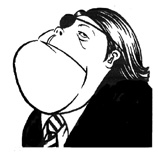


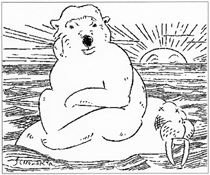


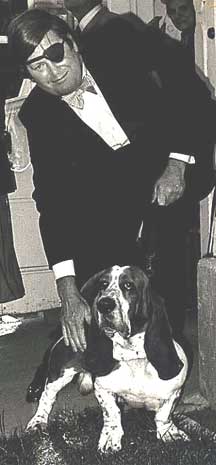
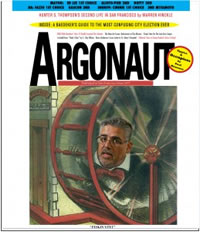

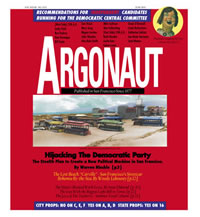

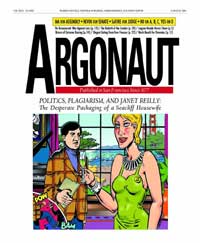

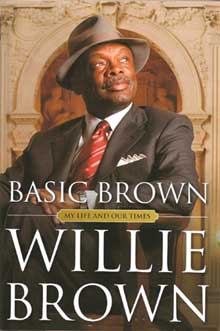
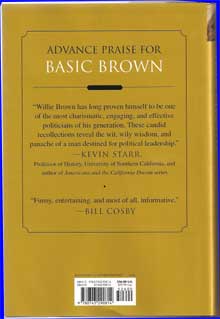
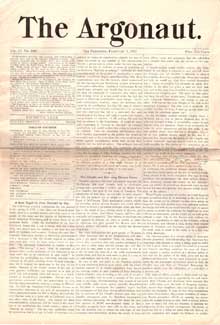
0 responses so far ↓
There are no comments yet...Kick things off by filling out the form below.
You must log in to post a comment.